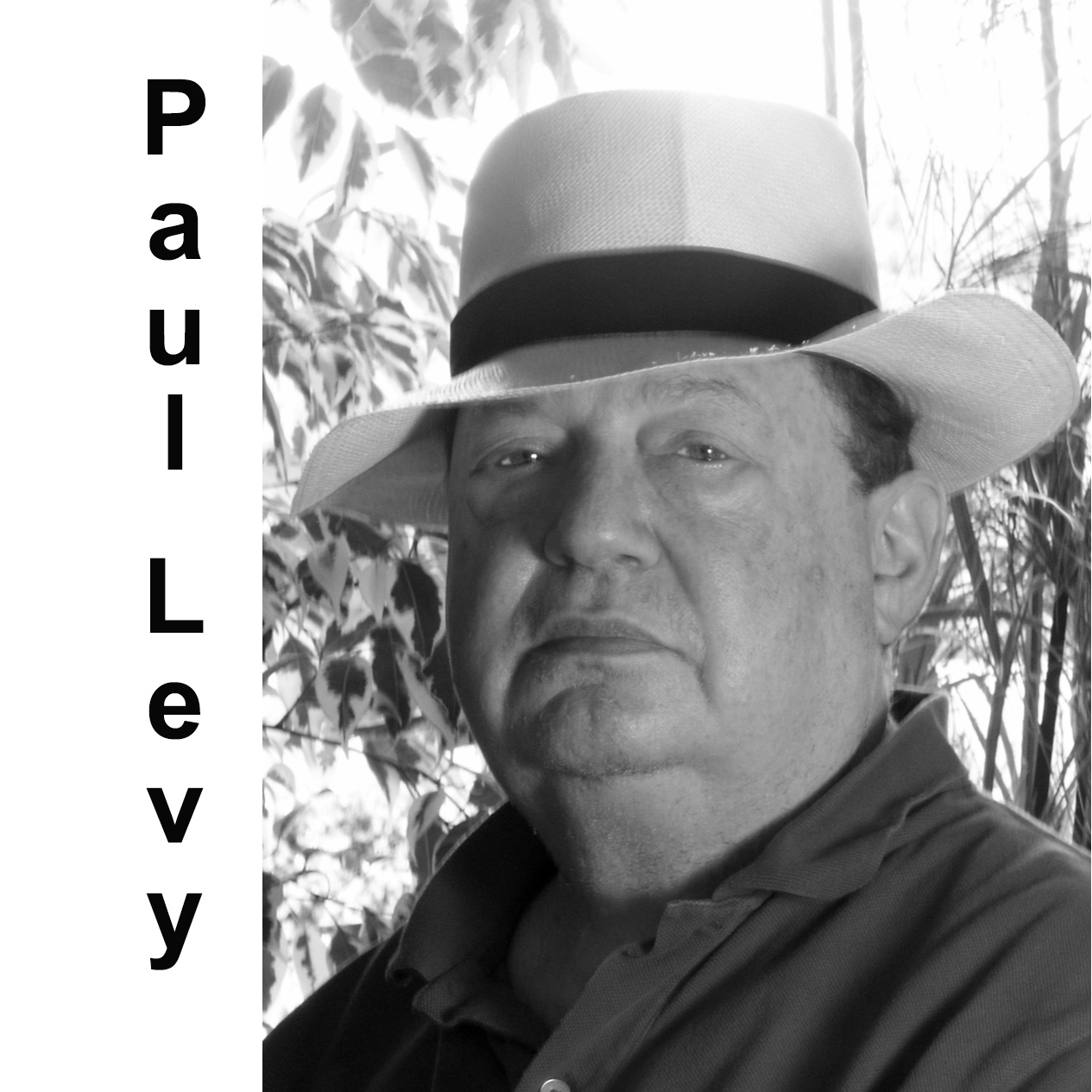Edward Mortimer, foreign affairs journalist who became Kofi Annan’s speechwriter at the UN– obituary
His ability to listen intently to opposing arguments contributed to the style of Annan’s leadership
ByTelegraph Obituaries27 June 2021 • 10:00pm
Edward Mortimer, who has died aged 77, had several high-flying careers, as an academic, author, journalist and UN official, where, as director of communications, he was Kofi Annan’s speech writer from 1998 to 2006, and had a large influence on the style of the UN Secretary-General’s leadership.
He was born on December 22 1942 at Burford, Oxfordshire, the family home. He was the son of Robert Mortimer, who was Bishop of Exeter for nearly a quarter of a century. There were four children, of whom the youngest, Kate (1946-2008), was as formidably clever as her brother – three of them, including the eldest, Mark, got Oxford Firsts. Friends remember Latin jokes and Greek epithets over the cornflakes at the Bishop’s palace.
After Summerfield preparatory school in Oxford, he went to Eton as a scholar, then to Balliol College, Oxford, in 1962, graduating in 1965 with a congratulatory First in History, winning an All Souls’ Prize Fellowship from that year until 1972. He was fluent in French, having spent a year before university on voluntary service in Senegal, teaching English in a lycée.
At Balliol, said his friend Lord Patten of Barnes (Chris Patten), “he was the brightest of us, and not just an intellectual, but a good person.” In the summer of 1965 the two of them (and another pair from Balliol) received Coolidge Atlantic Crossing awards, also known as Pathfinder scholarships, endowed by a Balliol graduate, Bill Coolidge, a descendant of Thomas Jefferson, which consisted of a generous amount of cash and American Express and Hertz credit cards.
They stayed with Balliol alumni, including Coolidge, and intended to drive around America, though Mortimer left at Salt Lake City to take part in the All Souls’ Prize Fellowship competition.
In France, as a junior reporter in the Paris bureau of The Times, Mortimer covered the events of May 1968, filing copy not only on the student uprising but also on the fading years of President de Gaulle. He managed to get a scholarly and very readable book out of the experience, France and the Africans, 1944-60: A Political History (Faber & Faber, 1969).
The editor of The Times recruited Mortimer to his team of leader writers in 1973, as a specialist on Mediterranean and Middle Eastern affairs, in which he was becoming increasingly interested. This showed in his next book, Faith and Power: the Politics of Islam (1982), chiefly about the Islamic revolution in Iran, but also touching on the politics of the Arab world, in which he brought erudition, clarity and good sense to these matters.
In 1984 he published a book on the rise of the French Communist party, as the phenomena of Eurocommunism in Italy and Gorbachev’s perestroika had caught his critical attention and detached sympathy.
Sir Geoffrey Owen, the editor of the Financial Times, was looking for a chief foreign affairs pundit, and in 1987 he brought in Mortimer, whose appointment, said Owen, “brought an authority and experience [that] tremendously raised our game in the international affairs area.”
He stayed with the FT for 11 years, writing a signed column as well as many of the leaders. Particularly noteworthy was his series on European border “fault lines”, where the historical break-up of the Roman empire left factions and national minorities with unresolved rifts and grievances.
His move to the United Nations in 1998 occasioned surprise in some quarters: was this gentle, scholarly person up to the rough-and-tumble of writing the speeches for its head?
The appointment was a perfect match, as Mortimer’s ability to listen intently to opposing arguments was reflected in Kofi Annan’s speeches, which combined Mortimer’s clean prose with his boss’s apparent informality and quiet-spokenness.
Mortimer provided more than his powerful intellect to UN affairs, said the Under-Secretary-General for Peacekeeping Operations, Jean-Marie Guéhenno: “I think he contributed a lot to the unique style of Kofi Annan’s leadership: he had a capacity for indignation, which is rare at the UN, but his deep sense of ethics was never overbearing nor patronising. He was a modest man with a passion for ideas, and the speeches of Kofi Annan reflected that.”
There was another aspect to Mortimer’s success in the role, a sort of personal diplomacy: he had a great sense of fun and a knack for enjoying himself and sharing his pleasure with others. He and his wife, Elizabeth (“Wiz” – they married in 1968) hugely enjoyed living in New York.
Tall and lanky, with a full head of grey hair, curiosity in his eyes and a warm, winning smile never far from his lips, he could be seen in imaginative costume at fancy dress parties in his next job, as senior vice president, from 2007 to 2012, of the Salzburg Global Forum, where he and his wife relished their large apartment in Schloss Leopoldskron.
Returning to Burford, he was delighted to become in 2013 a Distinguished Fellow of All Souls, where he continued to show his passionate devotion to human and minority rights and conflict resolution. He also stood as a Liberal Democrat candidate for Oxfordshire county council.
In the 2010 New Year’s honours list Mortimer was made Companion of the Order of St Michael and St George.
Edward Mortimer is survived by his wife and their two daughters and two sons.
Edward Mortimer, born December 22 1943, died June 18 2021
